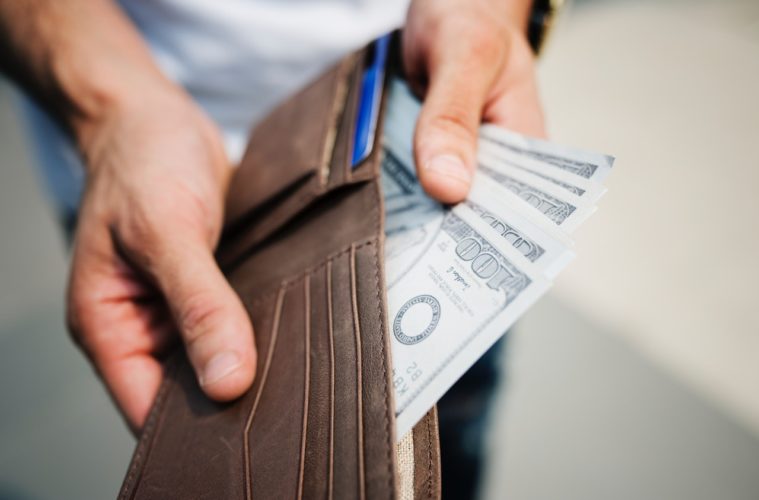Have your finances taken a hit since the novel coronavirus pandemic? Maybe you’re working fewer hours, are on leave, or recently lost your job. Perhaps you’re an essential worker that’s worried about job security. Whatever your employment status is, surviving these trying times is challenging. The overwhelming stress of paying the bills and affording essentials only multiplies as time passes.
While there’s nothing you can do on your own to stop the coronavirus or return things to “normal,” you can ease tensions by taking this time to prepare. If you haven’t done so already, you should consider these money moves to survive the current economic crisis.

Apply for Financial Assistance
The government-issued stimulus packages distributed earlier this year barely scratched the surface for low-income families nationwide. While a second installment is in the works, there are other sources you can turn to for assistance.
Now is the time to reach out to your local social services departments to apply for food stamps, health insurance, rental assistance, and monthly stipends. If eligible for these programs, you can rest easy knowing the bare necessities are covered. You should also apply for unemployment benefits if you’ve recently lost your job.
Get Serious About Budgeting
Whether your income has decreased or not, it’s best to live below your means during an economic crisis. A budget makes frugal living more manageable. Review your current expenses to determine where your income goes. Eliminate anything non-essential. For necessities, you can’t get around, figure out ways to save. For example, you might cut your cable services and reduce utility bills by conserving water and energy.
Reduce Debt
Anyone still receiving a regular paycheck should take this opportunity to reduce their debt. Though this money move may seem counterproductive, it’s quite the opposite. The longer accounts go unpaid, the worse it is for your budget and credit history. Should you need to use a credit card or apply for a loan to tide you over during this economic crisis, high balances and low credit scores will make it impossible.
Pull your credit report and gather all credit, medical, and miscellaneous debts. Then, contact the service providers to negotiate. You’ll be surprised how many creditors are inclined to lower interest rates, eliminate late fees, restructure payment plans, and offer settlement amounts. If the offer is reasonable, you might even use installment loans to settle the account. At the very least, you can designate a percentage of your income towards paying them down over time.
Beef Up Emergency Savings
In times of uncertainty, having a nest egg to fall back on is ideal. Financial experts recommend having at least three to six month’s worth of expenses set aside. While you may not be there yet, now is the time to boost your savings efforts. Put any extra money from the budget into a rainy day fund. Whether it’s $5 bucks a week or $100 a month, it will come in handy when you need to pay for unexpected expenses.
Start a Side Hustle or Business
With job security at an all-time low, it’s good to have another source of income. Take this time to start a side hustle or small business. Believe it or not, there are a ton of ways to make money on the side or start a business from home. You can answer surveys, write reviews, launch a blog, join a rideshare service, deliver groceries, or sell products online. The list is extensive, and startup costs are next to nothing.
Invest in Your Future
Though your primary focus is on current expenses, you mustn’t forget about the future. Ensuring that you and your family are provided for during the economic crisis and beyond requires planning. Consider investing in real estate or the stock market, open a retirement or college savings account, and purchase life insurance.
Sustaining a living in the United States was already challenging for the average person. Unfortunately, the national health and economic crisis have only exacerbated the problem. The best thing you can do for yourself and those you love is to make money moves like those discussed above. Doing so provides financial stability, security, and peace of mind.

